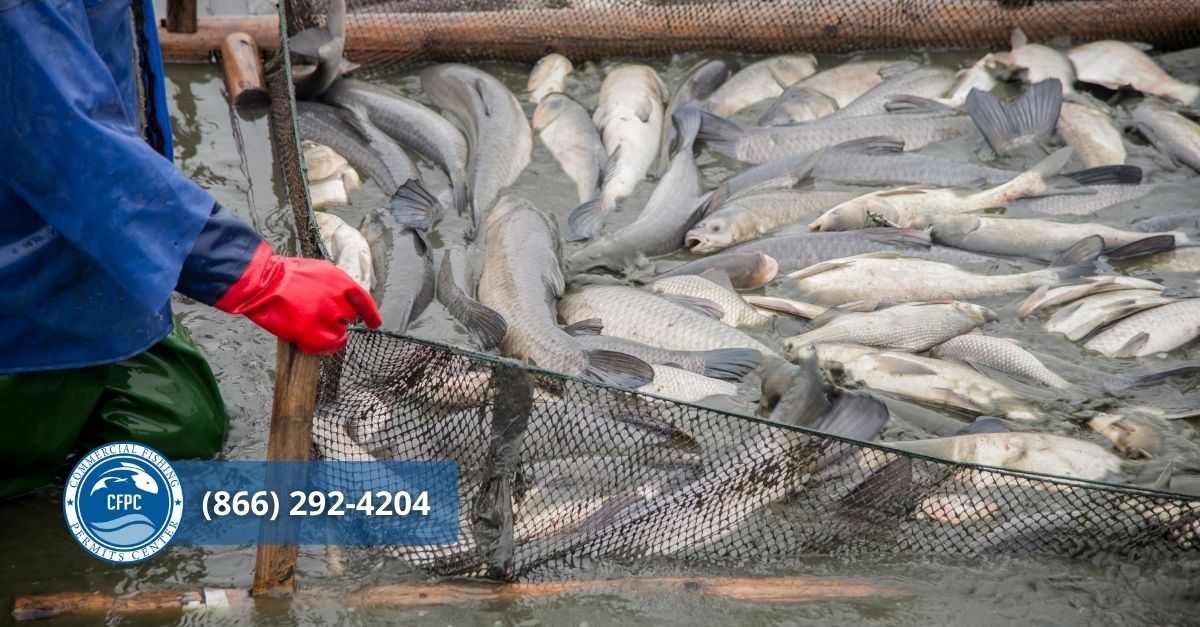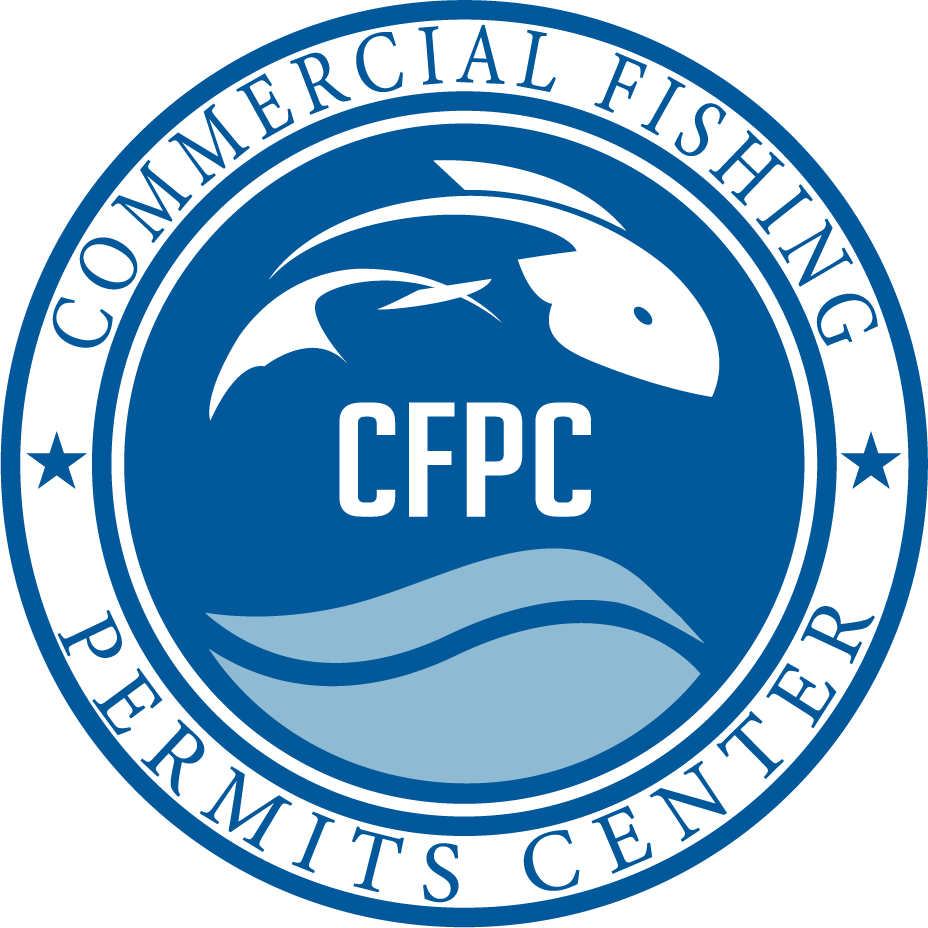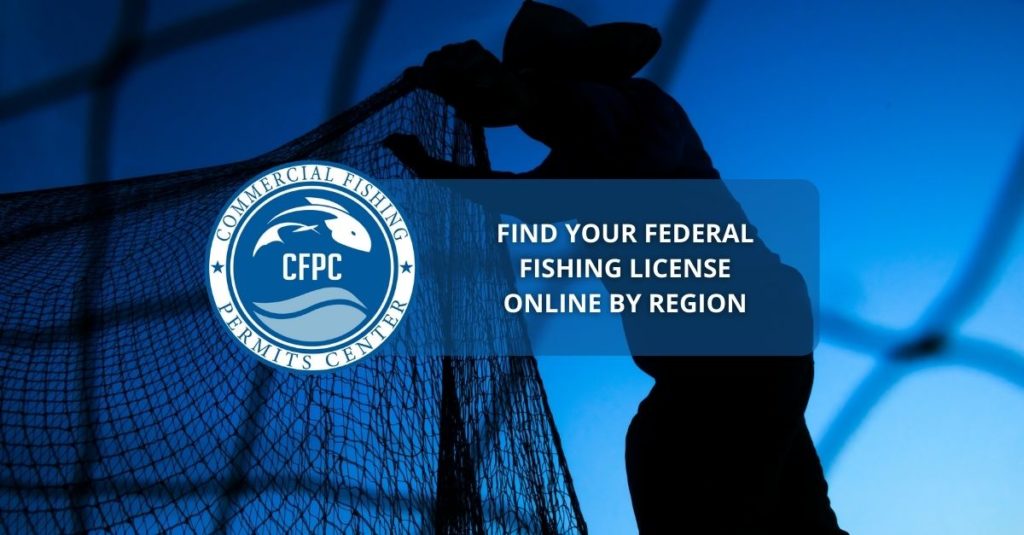Before starting a commercial fishing business, there is a fair amount of research to be conducted. You will need to make sure that you have the right boat, gear, and maybe even a crew. You should also do a bit of market research to make sure that your business plan is economically viable. Before you head out and drop your net or cast your lines, however, you should also make sure that you have the correct federal fishing license.
You probably wanted to get into commercial or industrial fishing because you are better suited for the outdoors. Let’s face it: a 9 to 5 office job and busying yourself with paperwork all day is not for everybody. While fishing for a living allows you to work with your hands outside, far away from conference calls and Excel spreadsheets, you will find yourself having to complete some documentation on occasion. Having the correct license to access your desired fisheries is compulsory to the legality and health of your business, so knowing which permits you to need to apply for, should be a top priority.

Understanding the Differences Between a State and Federal Fishing License
Even a recreational fisherman will tell you that you have to go where the fish are biting. For a commercial netting or fishing business, this is doubly true if you are looking to generate meaningful income. With this in mind, you may find yourself accessing fisheries in state or federal waters (or more likely, both).
Federal waters are typically found three to 200 nautical miles from shore. The area from zero to the three nautical miles out is often a state jurisdiction. As these waters face different regulations and are governed by different regulatory agencies, they do have separate licensing requirements.
Having Multiple Permits for Multiple States
Depending on the region in which you are fishing, you may find yourself in multiple different states’ waters. Take the New England/Mid-Atlantic region, for example. This part of the U.S. has several states with coastlines in rather compact geography. If you are fishing for, say, lobster, it is probably a wise bet to have permits for Maine, Massachusetts, and Rhode Island.
In some cases, states will share reciprocity with fishing licenses, but it is somewhat rare and confusing to understand. Because licenses for commercial fishing are often species-specific, it is important to double- and triple-check that you meet all necessary licensing requirements before casting your lines.
Knowing Your Federal Commercial Fishing Permit Regions
The U.S. is home to a considerable commercial and industrial fishing industry. On average, nearly 10 billion pounds of seafood is pulled in annually on American waters. This is not much of a surprise when you consider the sheer volume of coastline in the U.S. With such a massive surface area of water to govern, the National Oceanic and Atmospheric Administration (NOAA) breaks its permits out into several different regional jurisdictions.
If you are seeking a federal fishing permit, you will first want to hone in on the exact geography. This will be any of the following:
- Alaska
- The West Coast
- The Pacific Islands
- New England and the Mid-Atlantic
- The Southeast
Once you have settled on the correct region, you will then find the NOAA has a fairly diverse list of offerings for species-specific commercial fishing licenses. After you have sourced the right permit application, you can then print it, fill it out with ink, and mail it to the correct NOAA office location.
Get All of Your Industrial Fishing Permits on One Website
Commercial trapping or fishing is not an easy business. It calls for long hours, often with days or weeks spent away from land. Keeping that in mind, an industrious commercial fisherman like yourself may not have the time needed to print, sign, and mail a bunch of permit applications.
At the Commercial Fishing Permits Center, we understand the demanding nature of the industrial fishing business. In order to help you spend more time on the water boosting your catch, we have put all of the state and federal fishing permits that you need on one convenient website.
If you take a look at the top navigation section of this webpage, you will see a series of dropdowns that filter different fishing permits by region. If you then click over to one of the permit application pages, you will find that we offer easy-to-complete online permit applications. We have stripped out all of the confusing fine print and bureaucratic jargon to reduce the application process down to a matter of minutes.
Using our encrypted web portal, you can submit all of your documents online, eliminating the need to go stand in a line down at the post office. To get answers to any questions that you may have, contact one of our customer service representatives today.


No Comments
Be the first to start a conversation